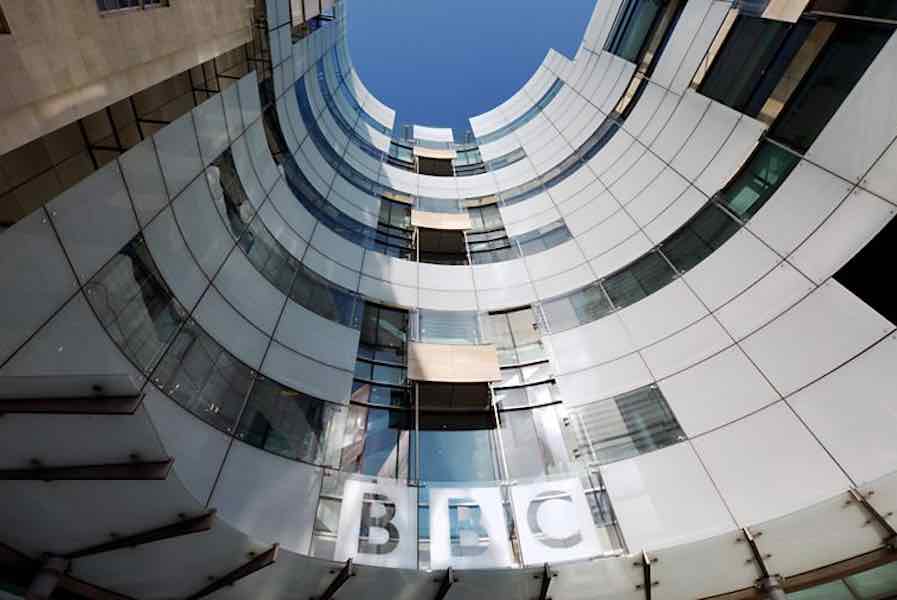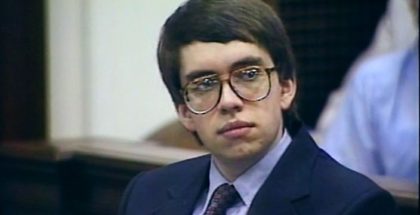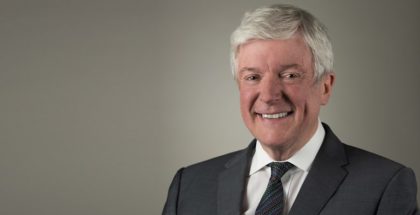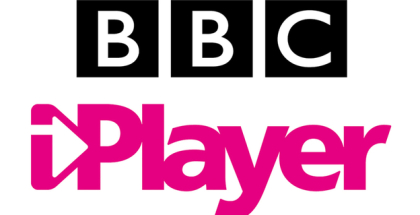BBC unveils digital-first plan
David Farnor | On 27, May 2022
The BBC has unveiled its plans to deliver a “digital-first BBC”, as it remains forced to slash costs dramatically, cutting jobs and closing BBC Four and CBBC.
The corporation is under increasing financial pressure from the government. The licence fee is frozen for two more years, which means that it needs to find around £285 million in savings, while still having to compete with other broadcasters and streaming services.
The Beeb’s strategy therefore focuses on creating a streamlined organisation that gets the most value from the licence fee. It has previously announced plans to turn BBC Four into an archive channel and suggested that it would be looking to cut its volume of programming commissions to save money. Now, it’s continued to outline its plans for the future, with both CBBC and BBC Four to stop broadcasting as linear channels. While the preschool favourite CBeebies will remain a traditional channel, the move highlights just how tied the Beeb’s hands are becoming, after it only just decided to do the opposite with the online-only BBC Three and turn that back into a linear TV channel.
In this first phase of efficiency measures, £500 million of annual savings will be reached. £200m of this will contribute to the Beeb’s £285m annual funding gap by 2027/28, while £300 million will be reinvested to reshape its operation into a digital-first approach to reflect changing audience viewing behaviours.
Money will be spent on new programmes for BBC iPlayer, while broadcast news savings will be reinvested in digital and video news. While some of this sounds like a logical step in a streaming age, the reality is that it comes at a tragic cost: there will be up to 1,000 fewer people employed in the public-funded part of the BBC over the next few years.
Director-General Tim Davie told staff members today: “When I took this job I said that we needed to fight for something important: public service content and services, freely available universally, for the good of all. This fight is intensifying, the stakes are high.”
Steps outlined today include the creation of a single, 24-hour TV news channel serving UK and international audiences, called BBC News, which means the Beeb can share content and cut down on investing in specific, UK-focused news production, plans to stop broadcasting smaller linear channels, such as CBBC and BBC Four and Radio 4 Extra, after the next few years. Work is also ongoing to strip out any “unnecessary bureaucracy, reduce running costs and simplify ways of working”, while a number of World Service languages will become digital-only.
The aim is to reach 75 per cent of BBC viewers through iPlayer each week, while there will be new on-demand content and formats for news and current affairs. The BBC will also request Ofcom to remove regulatory restrictions on iPlayer to expand boxsets and archive content. There will be investment in an enhanced news and current affairs offer for iPlayer and Sounds, with new video formats, simulcasts and podcasts, while the Beeb will review commercial options for audio production. There are plans to accelerate digital growth in audio and drive listeners to BBC Sounds, simplifying schedules and cancelling shows that do not deliver, and there will be further investment in its platforms and tech to comprehensive, real-time data that supports growth of digital products and services.
Davie said: “This is our moment to build a digital-first BBC. Something genuinely new, a Reithian organisation for the digital age, a positive force for the UK and the world. Independent, impartial, constantly innovating and serving all. A fresh, new, global digital media organisation which has never been seen before.”
Work will start immediately, with further details to be announced in the coming months, including consultations with staff members.
BBC to cut programmes amid budget squeeze
28th April 2022
The BBC is likely to cut the number of programmes it makes, as the corporation continues to find itself under immense financial pressure.
The public service broadcaster has been in the line of fire for the government for some time, with the TV Licence Fee, which funds the corporation, currently frozen for two more years, before it returns to rising in line with inflation. As a result, it needs to find somewhere around £285 million in savings a year, while also having to find ways to keep up with the online and on-demand competition.
Last year, the Beeb outlined it plans to turn BBC Four into an archive channel, rather than commission original programming, making it a hub for repeats of archive content. By making that saving, it aimed to double its arts and music spend for BBC, with hope of delivering “more value to audiences by focusing on unique, high impact content, commissioning fewer but bigger titles of higher quality”.
That approach now looks to be setting the standard for the broadcast overall, with director general Tim Davie saying at the Voice of the Listener & Viewer Spring Conference that he would rather cut content instead of axeing channels.
“By doing everything on every service you spread yourself too thin,” he commented.
“How much we are doing on linear, news, broadcast and then how much works well on iPlayer is the biggest decision for the BBC,” he added. “How are we going to deliver public service media in the digital age so that people primarily consuming on-demand can get to it?”
Indeed, almost half of the 8.7 million viewers for the latest episode of Peaky Blinders watched the show via BBC iPlayer rather than BBC One’s broadcast channel.
“We’re not trying to be Netflix, we’re going to be highly distinctive and of the highest quality,” he also remarked, which recalls the government’s recently announced plan to sell off Channel 4 so that it can compete with the streaming giant.
But with the TV Licence Fee freeze effectively amounting to a real-terms cut, the BBC’s priority will be trying to “find other efficiencies to protect what you get for your license fee”, but Davie admitted that the corporation is “beginning to run out of road”.
His comments come as the organisation enters a critical period, with the Mid-Term Charter Review looming, along with planned new Public Service Broadcaster legislation from the government.



















